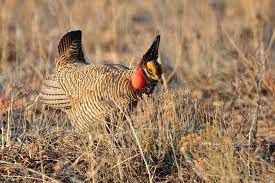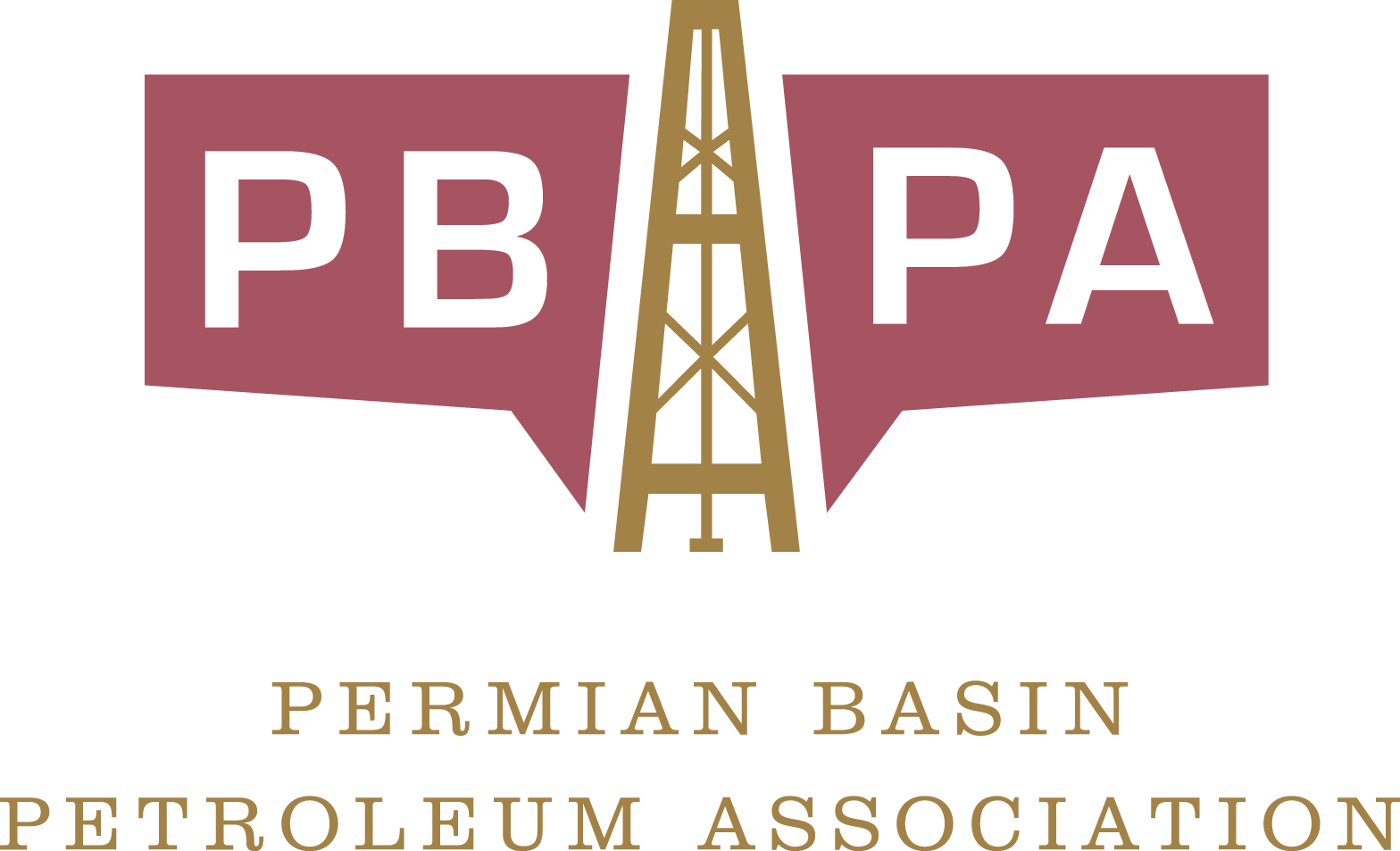
Industry, Texas sue over lesser prairie-chicken species rule
March 23, 2023
As seen in the Oil & Gas Journal
The Permian Basin Petroleum Association, five ranchers’ associations, and Texas have sued the Biden administration over the US Fish and Wildlife Service (FWS) listing of the northern population of the lesser prairie-chicken as threatened and the southern population of the same species as endangered under the Endangered Species Act.
The species, a kind of grouse scattered across five states, is found in oil and gas drilling areas and cattle grazing areas in Texas, New Mexico, Oklahoma, Kansas, and Colorado. The FWS, a part of the Interior Department, published its determinations Nov. 25.
The final rule violated Interior’s own policies for application of the Endangered Species Act, and violated the Administrative Procedure Act with arbitrary and unsubstantiated conclusions arbitrary population segments, according to the lawsuit by the petroleum association and the ranchers.
The suit by Texas listed similar problems and added that the FWS violated the National Environmental Policy Act by coming up with what is called a 4(d) rule under the Endangered Species Act without conducting an environmental analysis of the decision’s impacts.
In addition, the FWS was trying to outsource part of its authority to unidentified third parties to write and implement grazing management plans under the 4(d) rule. “This exception exceeds the service’s statutory authority and does not comply with notice and comment requirements,” the state lawsuit said.
The state lawsuit, Texas v. Interior, filed Mar. 21 in the US District Court for the Western District of Texas, is led by Attorney General Ken Paxton. The industry lawsuit, filed a day later in the same court, is Permian Basin Petroleum Association v. Interior. Both suits asked the court to vacate the listing decision.
Second time around
This is the second time around on this subject for the Permian Basin Petroleum Association. In 2014, the Obama administration tried to list the lesser prairie-chicken, the association sued, noting that the FWS dismissed state and private conservation efforts as unreliable despite a policy requirement to take such efforts into account when determining the status of a species. A federal court agreed with the association and ruled in 2015 that the service could not ignore its own policy by presuming that non-federal conservation efforts are unreliable.
Now the Biden administration is failing to follow its own policies for the second time, the association said in its latest lawsuit.
The first time around, the FWS determined that oil and gas sites have a habitat impact with a 200-m radius. This time around, the service is assuming a 300-m radius, with “no reasoned explanation” for that distance, according to the association lawsuit.
The service also is double counting impact acreage by not taking into account the overlap of drilling areas with other drill sites and the acreage overlap with such things as roads and buildings, the association said.
Impacts on people
Plaintiffs in federal courts must state their right to sue by citing actual or imminent injuries from whatever the lawsuit is about. There was no shortage of injury claims in these suits.
“Because of the service’s listing decision, plaintiffs and their members have incurred and will continue to incur expenses necessary to avoid actions now prohibited,” said the association suit. It went on to cite impairment of operations and business opportunities, diminished value of their interests in lands and minerals, near certainty of higher permitting costs and longer permitting delays, and denied benefits of their conservation efforts, “which, in conjunction with other efforts, should have rendered the listing unnecessary.”
The state lawsuit said state and private conservation efforts are in fact succeeding, allowing the lesser prairie-chicken population to stabilize. “The rule threatens to derail these efforts,” the state said.
The state suit said the federal decision will interfere with the Texas General Land Office’s practice of leasing state lands for energy production, a policy that provides revenues for the Permanent School Fund, which helps support public schools.
The Railroad Commission of Texas, whose duties including the plugging of abandoned oil and gas wells and remediation of those sites, “cannot proceed with well plugging activities without significant delay, increased expense, or outright prohibition as a result of the final rule,” the state said.
The listing decision also will complicate the state’s efforts to regulate pesticide use, and it will interfere with the state’s efforts to promote agriculture, the state said.
